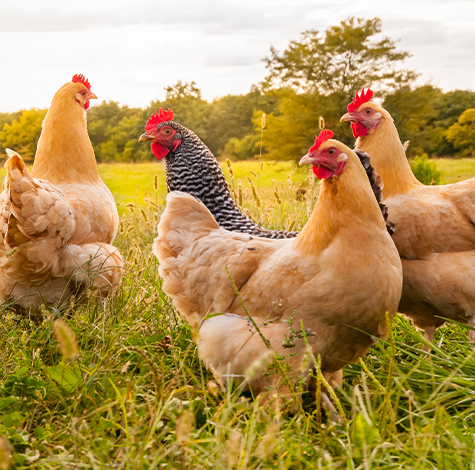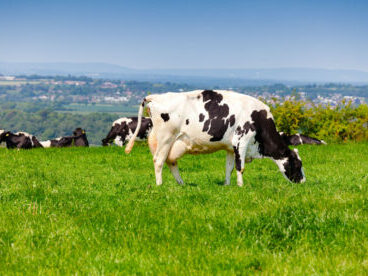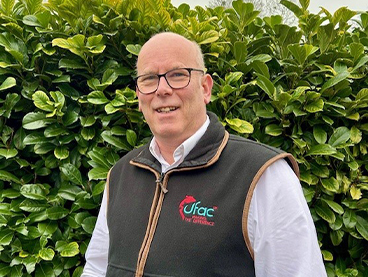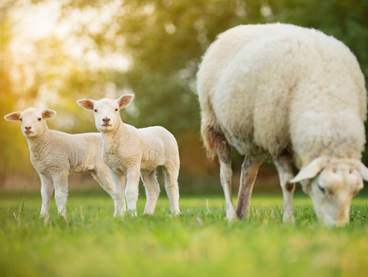Dairy farmers can tap into the positive focus on agriculture’s impact on the environment
Dairy farmers can tap into the positive focus on agriculture’s impact on the environment, says nutritional supplement manufacturer UFAC-UK, with palm-free fat supplements offering a beneficial alternative to meet the energy needs of high-yielding cows.
With the drastic fall in air pollution during the COVID-19 lockdown, while farming has effectively ‘carried on as normal’, the public perception is changing and farming is increasingly being seen as part of the solution to mitigating climate change, rather than the biggest contributor.
“Livestock farmers, and the dairy sector in particular, have long been portrayed as one of the main contributors to global warming, facing a backlash largely based on myths and mistruths,” says UFAC-UK national sales manager, Nigel Bateson.
This change in perception is very welcome, and offers opportunities for farmers to further demonstrate their environmental credentials.
“We always have one eye on environmental concerns, and the spotlight has been very much focused on palm oil production,” explains Mr Bateson. “Its impact on tropical rainforests is high on the agenda of retailers and consumers, making it one of the major environmental concerns facing UK feed manufacture.”
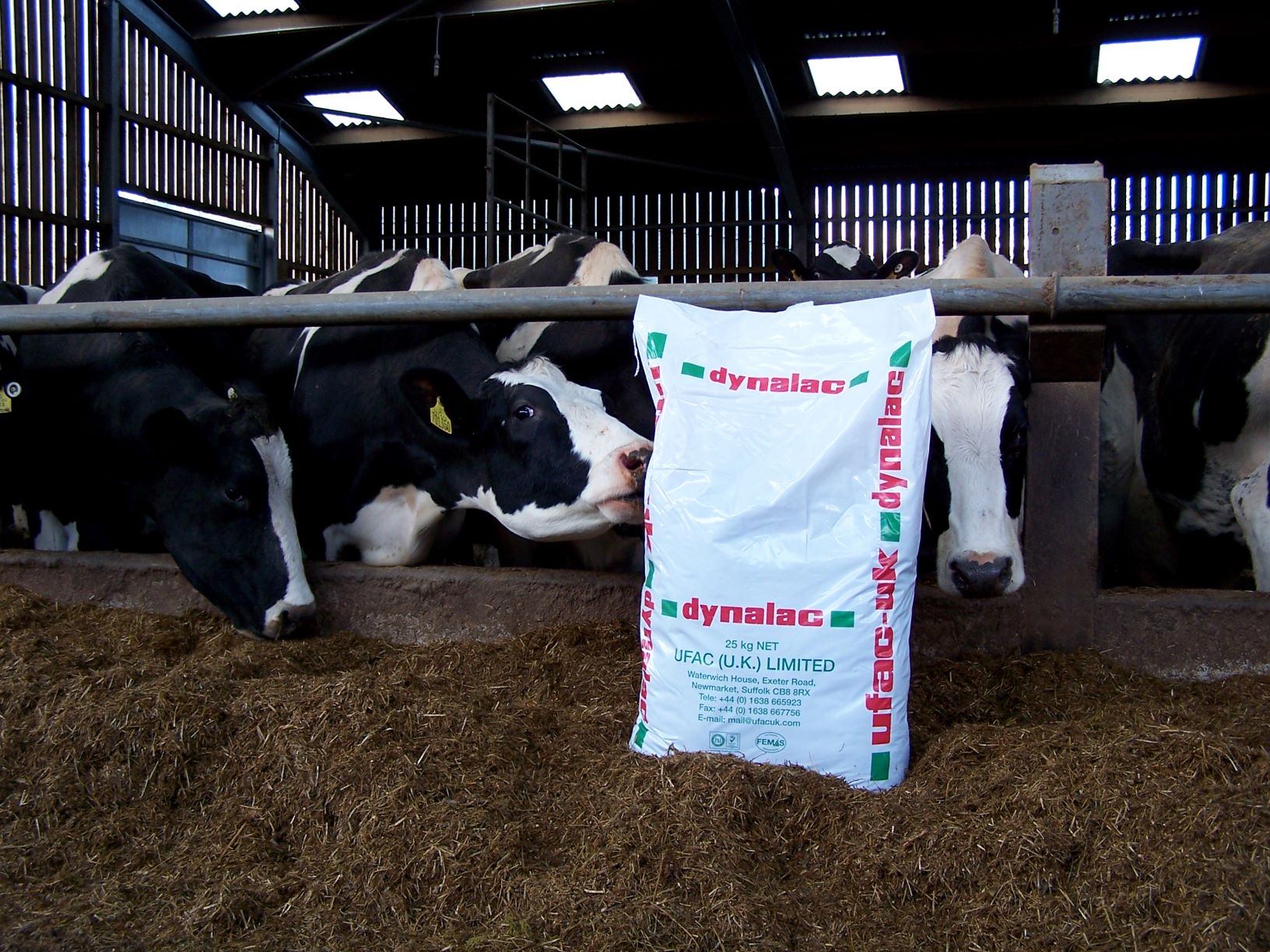
While palm oil-based feed supplements such as calcium soaps are used to increase energy density of dairy cow diets, UFAC-UK advises that dynalac, with its more balanced fatty acid profile, will achieve greater benefits, while at the same time helping to reduce the impact on the environment.
“dynalac is a palm-free fat supplement, and its unique combination of fatty acids is achieving the same and additional benefits of calcium soaps, while reducing the impact on the environment,” says Mr Bateson.
“Of course, the number one priority is to supply the specific nutrients required for optimum performance, particularly a time when intakes are suppressed,” he continues.
“At 27 MJ/kg DM, dynalac has the same energy as a calcium soap (NRC 2001), so it increases energy density of the diet, crucial for high-yielding dairy cows, especially in early lactation.”
dynalac also supplies C18:1 fatty acid, helping to reduce body condition loss, especially in early lactation. In addition, long chain omega 3 fatty acids help support fertility and also gives the immune system a boost.
“The investment in dynalac will look after the transition and early lactation cows, getting them back in calf more quickly,” says Mr Bateson.
“This will allow the farmer to cut costs and increase production from forage in later lactation, safe in the knowledge that the cows have been given the best possible start and will repay the investment made in this lactation and the next,” he concludes.


 Back to News
Back to News 